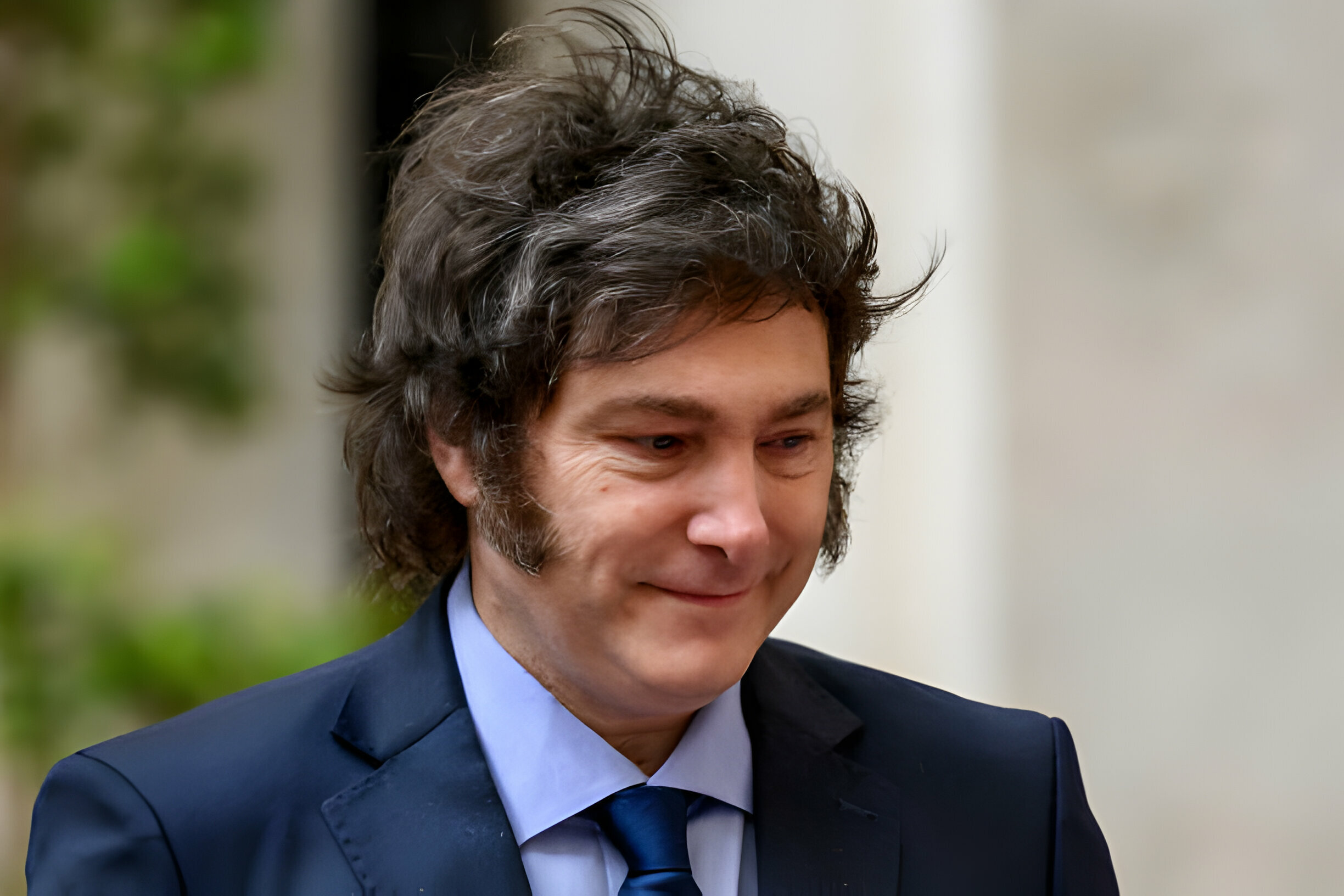In a recent development that underscores the economic challenges facing Argentina, the country’s poverty rate has reached a significant peak not seen in several years. This increase in poverty comes in the wake of comprehensive economic policies introduced by President Javier Milei, who assumed office recently. The University of Argentina’s Social Debt Observatory disclosed these findings in a report made public over the weekend.
The latest figures reveal a dramatic rise in the poverty rate, which escalated to 57.4% in January, marking the highest level since 2004. This represents a substantial jump from 44.7% recorded in the third quarter of 2023, just before President Milei took the helm.
Under the banner of ‘shock therapy’, President Milei has launched a series of aggressive economic strategies aimed at reviving the nation’s faltering economy. These measures include a significant devaluation of the Argentine peso by 50% against the US dollar and an increase in the key interest rate to 133%. The repercussions of these actions have been far-reaching, leading to a sharp increase in consumer prices. Recent official statistics highlight a troubling inflation rate of 254% in January, the highest in three decades. This inflationary pressure has eroded household incomes and significantly reduced the purchasing power of consumers, further aggravating the poverty situation.
“The greatest increase in poverty levels was observed among middle-class households that were not beneficiaries of social programs, as well as among low-skilled workers,” the report stated.
Moreover, the incidence of destitution in Argentina has risen sharply. Data indicate that the proportion of individuals considered “destitute” climbed to 15% in January, up from 9.6% in the latter part of the previous year.
Agustin Salvia, the head of the UCA’s Social Debt Observatory, shared insights with the La Nacion news outlet, expressing a cautious outlook on the poverty trend.
“In February and March the situation will tend to worsen, but poverty will find a ceiling of around 60%. There is an expectation that it will tend to improve in two or three months,” he predicted.
In response to the alarming findings of the UCA report, President Milei took to social media to assert that further reforms are on the horizon to alleviate the nation’s economic distress.
“The true inheritance of the caste model: 6 out of every 10 Argentines are poor. The destruction of the last hundred years is unparalleled in Western history. Politicians have to understand that people voted for change and that we are going to give our lives to bring it about,” Milei articulated.
The unfolding economic scenario in Argentina serves as a poignant reminder of the complexities involved in implementing drastic economic reforms. While aimed at stabilizing the economy, such measures can have immediate adverse effects on the population, particularly on poverty levels. As Argentina navigates this challenging period, the global community watches closely, hoping for a turnaround that will alleviate the hardships faced by its people.







